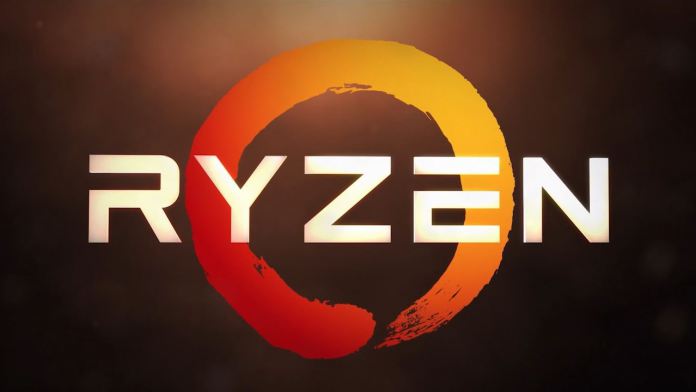There have been several recent cases where Linux has been shown to outperform Windows 11 when under a direct comparison running on the same chip. For example, in July Ubuntu 22.04 LTS was catching up to Windows when running an Intel Alder Lake Core i7-1280P CPU. On the AMD side, it is looking even better with a recent comparison showing Ubuntu is ahead of Windows 11.
Specifically, Phoronoix tested the eight-core Ryzen 7 5800X3D, which is AMD’s first processor to feature 3D V-cache. According to the results of over 89 benchmark tests, Ubuntu 22.04.1 won 81 of them, with Windows claiming just 8 wins.
In other words, Ubuntu took 91% of the results next to Windows’ 9%. The graph below shows that the biggest difference in performance was on the Renaissance Instance Metadata Service (IMDS) test. Next, there were also big performance gaps on the DaCapo and Tradesoap tests.

Results
The mean average across all tests combined puts Ubuntu as performing 10% faster than Windows 11. That is no small margin considering the solid sample size. Again, this is specifically for the Ryzen 7 5800X3D.
Phoronix says the following about the results:
“With the exception of some OpenJDK Java benchmarks that performed well with the 5800X3D on Windows and some LuxCoreRender tests, the AMD Ryzen 7 5800X3D was consistently performing much better on Ubuntu Linux. From Blender and other renderer benchmarks like Indigo, OSPray, and some LuxCoreRender tests, JPEG-XL image encoding, AVIF image encoding, AV1 video encoding, and more, Ubuntu Linux was consistently delivering much better performance on this AMD Ryzen 7 5800X3D desktop.”
AMD also has a standard Ryzen 7 5800X, which will likely be the more popular of the two. It will be interesting to see how Windows 11 compares to newer Ubuntu builds on that processor.
Tip of the day: Windows lets you use Cortana to translate sentences, words, or phrases, with the results read back to you automatically. This makes it particularly useful for group scenarios, but you can also type if you’re unsure about pronunciation. Cortana translation sports an impressive 40 languages and utilizes machine learning to provide natural results in many cases. Check our full guide to learn how to use Cortana for quick translations.





